AKA: Star Wars: Episode VIII
Director: Rian Johnson
Cast: Mark Hamill, Carrie Fisher, Adam Driver Daisy Ridley, John Boyega, Oscar Isaac, Andy Serkis, Lupita Nyong’o, Domhnall Gleeson, Anthony Daniels, Gwendoline Christie, Kelly Marie Tran, Laura Dern, Benicio del Toro, Veronica Ngo, Justin Theroux, Togo Igawa, Amanda Lawrence
Running Time: 152 min.
By Kyle Warner
Right, so before we get started: I am going to talk about the new Star Wars movie. If you want to go into the film knowing as little as possible, not only should you not be reading my review but you shouldn’t read anybody’s reviews of the film. The trailers have done an admirable job of keeping secrets safe (secrets like “what’s the movie about?”), but I’m not on the marketing team and I am going to tell you more about the film. I will stay away from what I consider to be spoilers but you will learn more about the movie here than you did in the trailers and magazine previews. With that said, let’s begin.
Picking up right where The Force Awakens left off, Star Wars: The Last Jedi finds our Resistance heroes on the run from the First Order after the decimation of the Republic government planets. With the Republic no more, it’s a fight between Supreme Leader Snoke’s First Order and Leia Organa’s Resistance to decide who will control the galaxy. It is not an even fight. Not only does the First Order have more ships and more soldiers, but they have something of a new age Sith Lord in Snoke (Andy Serkis) and his apprentice, Kylo Ren (Adam Driver). Rey, the Force-sensitive hero from nowhere, is off trying to convince Luke Skywalker to return to the fight. Until Rey’s return, Leia’s list of capable allies is a short one.
After ace Resistance pilot Poe (Oscar Isaac) leads a successful but costly attack on a First Order dreadnought (an attack made possible by City on Fire favorite Veronica Ngo in a small but memorable role), the few remaining Resistance fighters jet off into lightspeed. But somehow, the First Order has tracked them, and their dreadnought has already been replaced by an even larger ship. Now, running out of fuel, fighters, and hope, the Resistance flies through dark space with their enemy close behind. All the First Order need do to crush their foe is remain patient and allow the Resistance ships to run out of fuel and drift powerlessly into firing range.
Elsewhere, on a secret island that was apparently one of the oldest Jedi temples, Rey (Daisy Ridley) attempts to convince Luke Skywalker (Mark Hamill) to train her in the ways of the Force and to return to his sister Leia’s side. But this is not the Luke Skywalker we remember. There is no hint of the wide-eyed farmboy here, nor is there any sign of the enlightened warrior we last saw in 1983’s Return of the Jedi. Luke is haunted, world-weary, self-loathing. He’s not on the island to become a better Jedi; he’s a sad dog that’s wandered into an unfindable place to die. In his vanity, he thinks that his passing will achieve the ending of the Jedi, something he now firmly believes to be a necessary turn of events. But this nobody girl interests Luke. She’s strong with the Force but she’s naïve about just what the Force is, so he decides that three simple lessons about the Force couldn’t hurt. In teaching her, he begins to understand just how powerful she is, and it troubles him. “I’ve seen this raw power only once before… It didn’t scare me enough then. It does now.” Luke Skywalker begins to fear Rey, thinking that her relentless pursuit of answers (Who are her parents? Why did Ben Solo turn to the Dark Side and become Kylo Ren?) will lead her down a dark path similar to his previous failed student, Kylo Ren.
The biggest thing I took away from The Last Jedi after my first viewing is how surprising and unpredictable the film was. It puts a couple opposing characters in a room and the moviegoer thinks this scene can go one of two ways. And then it goes a third way. That happens all throughout the film. Star Wars has rarely felt more daring and bold than in The Last Jedi.
And on that note: The Last Jedi is probably the strangest Star Wars film there is. (We forget that once upon a time theatregoers didn’t know what the heck a Jedi or a lightsaber was, so in the grand scheme of things A New Hope is a pretty wild movie. But we’re used to its ideas today.) The Last Jedi not only gives us weird alien creatures galore (there is a Zoidberg/walrus-looking thing that stares you in the eye as you milk it for its drinkable green alien milk), but it does things with its characters, both old and new, that we never could’ve seen coming. Already we are seeing that some fans are unwilling to accept these unexpected new directions and strange new visions. (To be fair, there is one move that the story takes that, as a fan, I also take some issue with. We’ll see if that changes upon repeat viewings. This is the one Star Wars film I not only want to see again, I feel I need to see it again in order to fully digest it.)
It’s a touchy thing, adapting something that’s lived so long in the pop culture subconscious. You run the risk of upsetting fans that’ve loved these characters for so long that they feel they know their stories better than the storytellers do. And I don’t mean to belittle a fan’s rights to a character—at some point, for better or worse, the art no longer belongs to the artist, which is something that George Lucas was never able to accept. Writer/director Rian Johnson (Looper) does his best to keep Star Wars true to its roots while also telling an intensely original Star Wars story in a very particular personal voice. Look at the RottenTomatoes critic score (currently 93%) and the audience score (currently 57%) and you get a little idea of how that ‘original’ and ‘personal’ Star Wars story is going over with some fans. It’s odd when you consider that the primary complaint about The Force Awakens was that it stuck too close to the blueprint of A New Hope and the complaint about The Last Jedi is that it feels too different.
I don’t mean to suggest that The Last Jedi is faultless because it certainly is not. It slips into The Fifth Element territory at one point when Finn (John Boyega) and Rose (newcomer Kelly Marie Tran) go to a high roller casino. Tracking tech is vague and is used as a primary plot point more than once, all in the service of making characters show up where and when the story needs them. Some complaints about The Force Awakens, like the refusal to flesh out certain character backstories, continue into The Last Jedi. And I still think Domnhall Gleeson is woefully miscast as General Hux.
The rest of the cast is excellent. Daisy Ridley continues to impress in the lead role of Rey. Adam Driver’s great performance makes Kylo Ren into an unexpectedly sympathetic villain. Kelly Marie Tran makes an instant impression on the audience as an engineer for whom the fight has suddenly become personal. You can’t take your eyes off Carrie Fisher, who passed away last December, as she gives the headstrong Leia a great farewell performance. And Mark Hamill gives what may be the performance of his career (in live-action, anyway) as the old Luke Skywalker. To say much more about the rest of the cast (which includes series newcomers like Laura Dern and Benicio Del Toro) would step into spoiler territory, I’m afraid. Suffice to say, they’re all pretty dang good.
I have a few complaints, sure, but in general I kind of loved this movie. It’s full of thrills, drama, heartache, humor, and twists. It’s an interesting film thematically as well, with prime themes being keeping hope alive and teaching the next generation of heroes to carry the flame. It is visually fantastic. There is a scene in which our characters are brought before Supreme Leader Snoke in his throne room. It’s like a shot out of Akira Kurosawa’s The Hidden Fortress (a well-known Star Wars influence), where Toshiro Mifune is brought before the general played by Susumu Fujita, with a clan flag set up behind him and flanked on all sides by loyal samurai. Here, the shot is in color and the flag is red, Snoke sits there in a golden kimono, and is flanked on all sides by heavily armored samurai-looking dudes in bright red. It is a beautiful set piece. A later battle scene takes place on a planet that has white salt atop red clay, so explosions and footprints leave crimson spots on the ground. Absolutely gorgeous. Also, there are the Porgs, which are cute and awesome and we must begin work to engineer them using chicken and pug DNA so that we may finally have world peace.
I love The Force Awakens but it can be accused of going on autopilot from time to time. I imagine you could complain about a lot of things in The Last Jedi, but definitely not that. The Last Jedi is so full of ideas, wit, and wonder. Some of those ideas won’t land for everyone, but if you ask me that’s how you know the movie was taking risks. The story is always one step ahead of the audience, the visuals dazzle, and the action is thrilling. It may not be the best Star Wars film – and after one viewing, I’m not sure where I rank it – but more than any Star Wars film, it left me thinking that anything was possible for future installments in the universe. It made Star Wars feel fresh and daring. How many film franchises that have been around for 40 years can say the same?
Kyle Warner’s Rating: 8/10

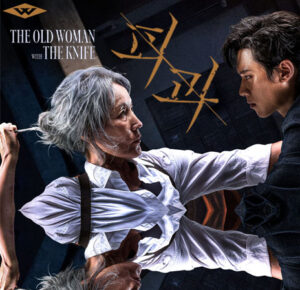
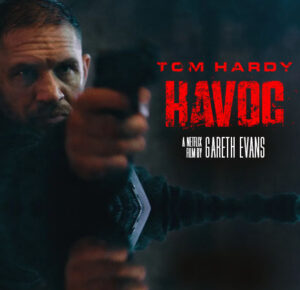
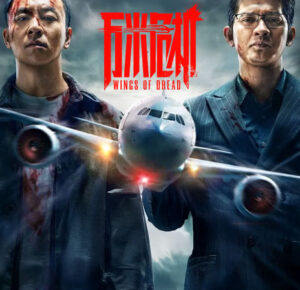


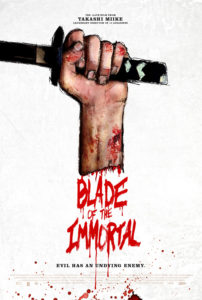

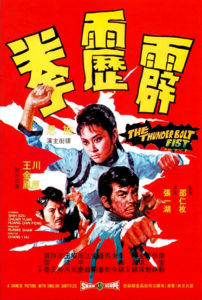
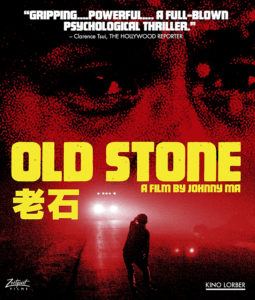
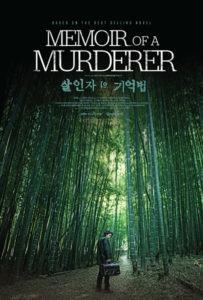
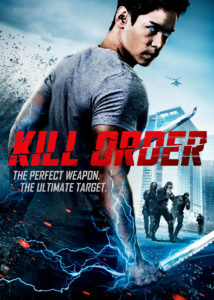
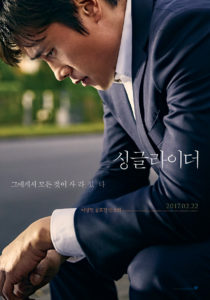
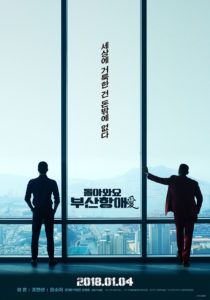
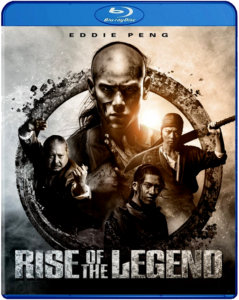
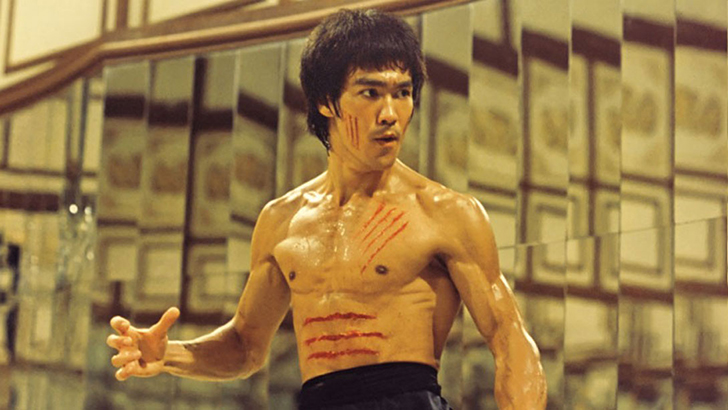
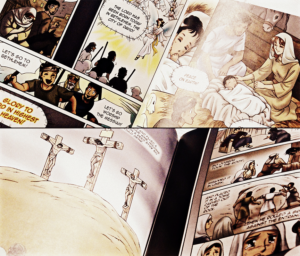

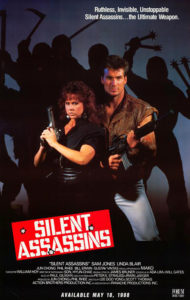

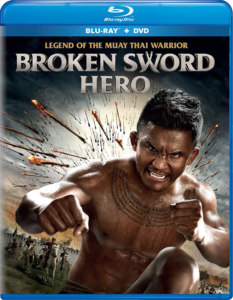




5 Comments